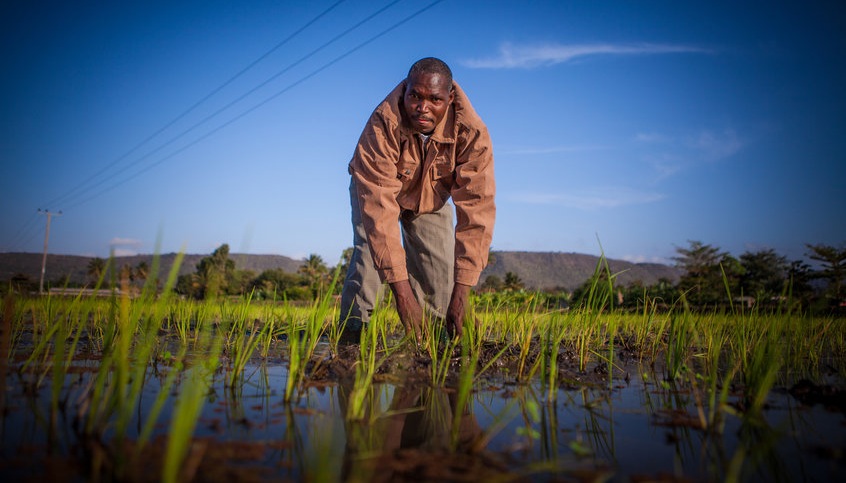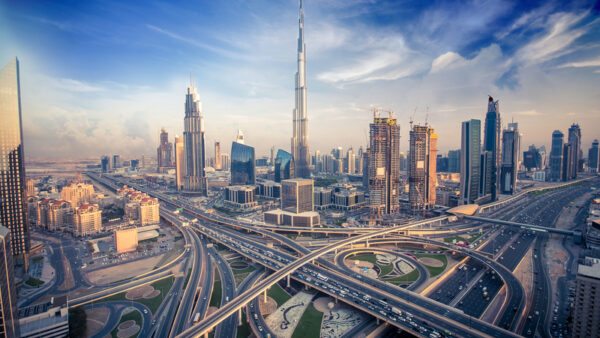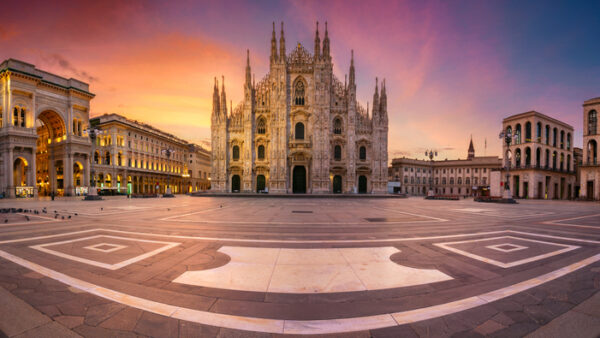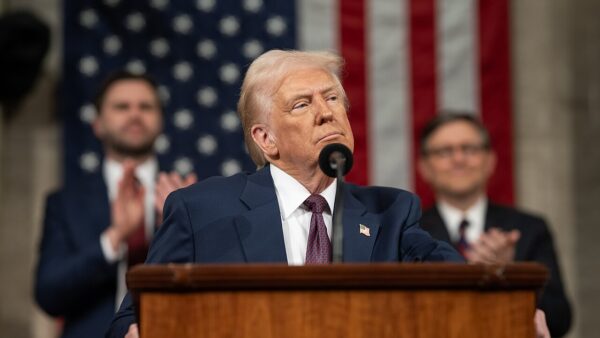US-led energy and infrastructure projects in Africa may be on the horizon as an unprecedented gathering of African leaders and businesspeople takes place in Washington D.C. this week.
Nearly 50 African heads of state are due to attend meetings with US President Barack Obama to discuss trade and investment opportunities on the continent, one of the fastest growing regions of the world.
The US-Africa Leaders Summit, 4-6 August, will be the first time an American president has tried to get Africa’s leaders together in one place, and marks the next step in the US strategy of catching up with China, whose volume of trade with Africa is now around three times greater than the US’s.
Separately, on 5 August, the US Department of Commerce will bring together around 200 US and African businesspeople and government officials in a forum in Washington designed to encourage US private sector investment in Africa.
US Commerce Secretary Penny Pritzker has said that $900m worth of business deals will be announced at the “US-Africa Business Forum”, co-hosted by Bloomberg Philanthropies.–
“It will be a combination of all different types of structures. But this is new money-and there will be more to come,” Pritzker said in an interview with WSJ Frontiers.
Both gatherings, however, will be overshadowed by the outbreak of the Ebola virus in West Africa, which, by Sunday, had claimed nearly 700 lives.Â
On Friday Obama said “appropriate precautions” were being taken, including the screening of “folks who are from these countries“. So far, the presidents of Liberia, Guinea and Sierra Leone have pulled out of attending in order to respond to the crisis.
According to the Washington Post, US officials have played down expectations for the leaders summit, saying it will not result in the “flashy financial commitments” that Chinese leaders have announced in their Africa summits.

Paschali Axweso Amnaay, chairman of the Mahande Rice Irrigation Scheme, works in his field in Tanzania. Less than a quarter of the population in sub-Saharan Africa has access to electricity (CNFA)
But on Friday Obama said: “We want to do business with those folks, and we think that we can create US jobs and send US exports to Africa. But we’ve got to be engaged, and so this gives us a chance to do that.”
“I think history will show Africa is the continent of the greatest opportunity this century,” said Senator Christopher A. Coons, chair of the Senate Foreign Relations subcommittee on African affairs. “We have a moment that is passing us by, and we should build on these relationships.”
The summit comes a year after Obama launched the “Power Africa” initiative, in which he pledged to commit $7bn to help six African countries develop electricity generation and transmission infrastructure over five years.
Little of that $7bn has been spent yet but the Power Africa initiative also sought to mobilise $9bn of private sector investment, and here there has been progress. Last month London-based bank Standard Chartered said it would invest $3bn in power schemes under the US initiative, on top of the $2bn it had already invested in the past year.
Standard Chartered is helping fund power projects in Nigeria that will add more than 900 MW of capacity. The bank said it expected to add around 7,500 MW to Africa’s power grid.
Also under Obama’s Power Africa, US developer Global Edison recently agreed to build a new 1,500 MW gas-fired plant in Anambra State, Nigeria. The plant is expected to cost $2.5bn.
Less than a quarter (24%) of the population of sub-Saharan Africa has access to electricity, according to the World Bank. And yet, thanks to its rich natural resources, it is one of the most economically vibrant regions of the world, with the World Bank predicting 5.2% GDP growth this year, up from 4.7% in 2013.
More than any other country, China has capitalised on this potential by investing in African infrastructure in exchange for access to resources and work for Chinese firms. American policymakers in the US have been waking up to China’s headstart. Last year the US Government Accountability Office (GAO) reported to Congress that in the 10 years to 2011 China’s exports to Africa had grown by a factor of almost 13, to $56.3bn, while American exports had merely trebled in that time to $20.3bn. The GAO attributed China’s trading success to its investment strategy.
Former World Bank chief economist Justin Yifu Lin has also urged countries in the developed world to invest in African infrastructure. Speaking to GCR last year, he said such investment would stimulate sub-Saharan economies even further, creating new markets for the stagnating economies of the developed world.






